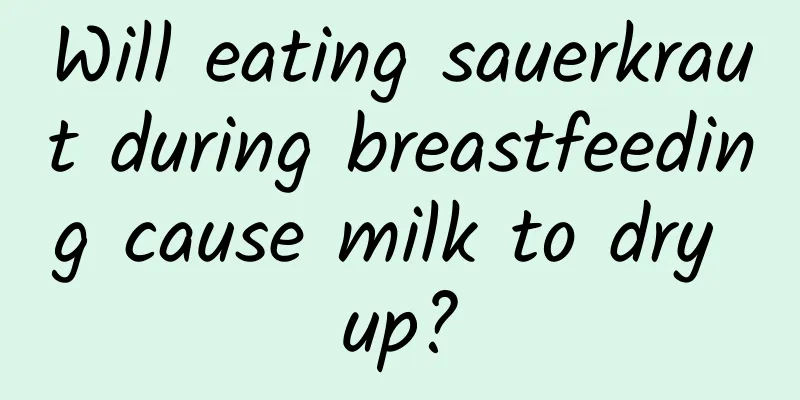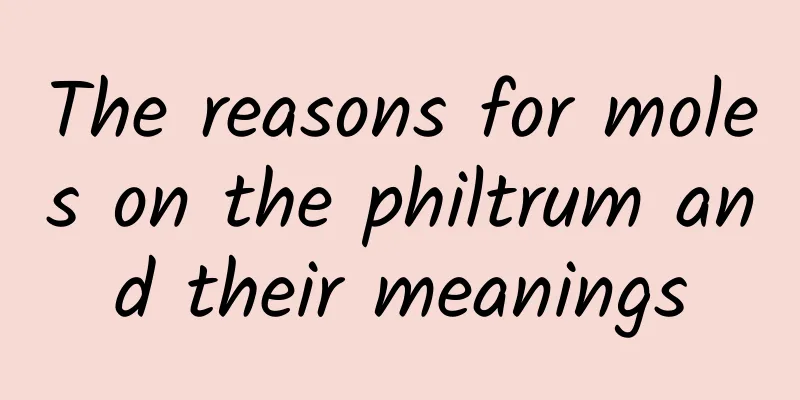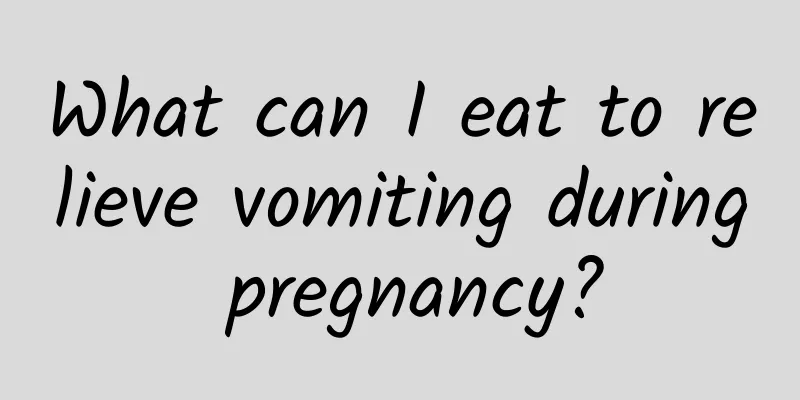Does emotional excitement raise blood pressure?

|
There are many factors that affect high blood pressure, such as bad living habits, staying up late, alcoholism, etc., which can cause abnormal blood pressure. Usually, many people do not care about high blood pressure, thinking that high blood pressure is a disease that only the elderly will suffer from. Even if it occurs in young people, it will not cause much harm. In fact, this idea is wrong. High blood pressure is a relatively serious disease. Once diagnosed, it needs good care. Does emotional excitement raise blood pressure? High blood pressure has a lot to do with a person's mood. When people are emotionally excited, the cerebral cortex can excite the cardiac accelerator center and vasoconstriction center of the medulla oblongata, which significantly enhances the activity of the sympathetic adrenal system. At this time, not only does the release of the neurotransmitter norepinephrine from the general sympathetic nerve endings increase, but the amount of adrenaline secreted into the blood by the adrenal medulla also greatly increases. Under the combined action of the sympathetic nerves and adrenaline, on the one hand, the heart contraction is strengthened and accelerated, and the cardiac output increases; on the other hand, the small blood vessels in most areas of the body contract and the peripheral resistance increases. Due to the increase in cardiac output and peripheral resistance, blood pressure rises. After a little rest, on the one hand, the nerve impulses from the cerebral cortex decrease and the activity of the sympathetic adrenal system weakens, causing the blood pressure to drop; on the other hand, when the blood pressure rises, the blood pressure can be restored through the aortic arch and carotid sinus pressure receptor reflex. Hypertension is a comprehensive disease caused by multiple factors, including well-known factors such as genetics, environment, diet, etc. Many patients tend to ignore emotional factors. However, more and more studies have shown that emotions play a very important role in the development of hypertension. Long-term anxiety, depression and other emotions will constantly excite the sympathetic nerves, stimulate the renin-angiotensin-aldosterone system, lead to increased peripheral vascular resistance and increased blood pressure; it can also act on the hypothalamus-pituitary-adrenal axis, increase the secretion of adrenal cortex hormones, and cause water and salt metabolism disorders, thereby increasing the possibility of hypertension; at the same time, the sensitivity or function of the pressure receptors on the blood vessels will also decrease, and blood pressure regulation will be impaired. Excessive emotional excitement can affect the endocrine system, causing blood vessels to suddenly contract and blood pressure to rise immediately. This situation is very dangerous and can easily lead to cardiovascular and cerebrovascular diseases. Emotions have now become one of the independent risk factors affecting the onset of hypertension. Emotional instability can easily affect fluctuations in blood pressure and reduce the efficacy of antihypertensive drugs. We need to pay enough attention to this, maintain an optimistic attitude, and avoid large fluctuations in blood pressure. The autonomic nervous system of most hypertensive patients is in an unstable state, so they often have characteristics such as quick temper, excessive liver fire, and rapid heartbeat. This is especially true for middle-aged and young people with newly developed hypertension, whose autonomic nervous system is even more unstable. If they are slightly excited, their blood pressure will rise sharply. Elderly hypertensive patients have poor adaptability to the environment, and their autonomic nervous regulation system is easily disordered, which also makes them prone to a sudden rise in blood pressure. Hypertensive patients should monitor their blood pressure in time when they are emotionally excited. Due to individual differences, each hypertensive patient feels differently when their blood pressure suddenly rises. Some people feel nothing, or only have mild palpitations, dizziness, headaches, etc., while others feel dizzy, nausea, vomiting, tinnitus, and cold limbs. Once blood pressure rises suddenly, a short-acting antihypertensive drug should be taken immediately, such as nitroglycerin, to prevent accidents. If blood pressure cannot be lowered or symptoms continue to worsen and cannot be relieved, go to the hospital in time. |
<<: What is the reason for repeated increase in blood pressure?
>>: 140100Is your blood pressure normal?
Recommend
What is the reason for the small amount of brown menstrual discharge?
Menstruation is a normal physiological phenomenon...
The lower edge of the placenta is close to the internal cervical os
The lower edge of the placenta is closer to the i...
Gram-positive coccal infections
Gram-positive bacterial infections are relatively...
Minor mitral regurgitation
Under normal circumstances, our body's mechan...
What to do if you have large pores on your forehead?
Large pores are particularly prone to acne, which...
What are the symptoms of internal hemorrhoids? Internal hemorrhoids are divided into four stages. Do you know?
The symptoms of internal hemorrhoids are usually ...
Is Chinese medicine good for treating cervical disc herniation?
As we all know, cervical disc herniation is very ...
Breast nodules become smaller
Girls should not think that breast nodules only e...
What symptoms does cervical spondylosis cause?
Speaking of cervical spondylosis, it is a common ...
The most common sequelae of craniotomy for brain trauma
Severe brain trauma requires craniotomy, a common...
What are the medicinal values of Cundong
Cundong is a very famous Chinese herbal medicine....
What to do if your tattoo scars
In today's world where freedom is everything, ...
Normal development age
The development of our body is a gradual process,...
Can tobacco leaves and salt water reduce inflammation?
It is said that folk remedies can cure serious di...
My memory has been getting worse lately, what should I do?
People cannot help but accept aging. Why do I say...









